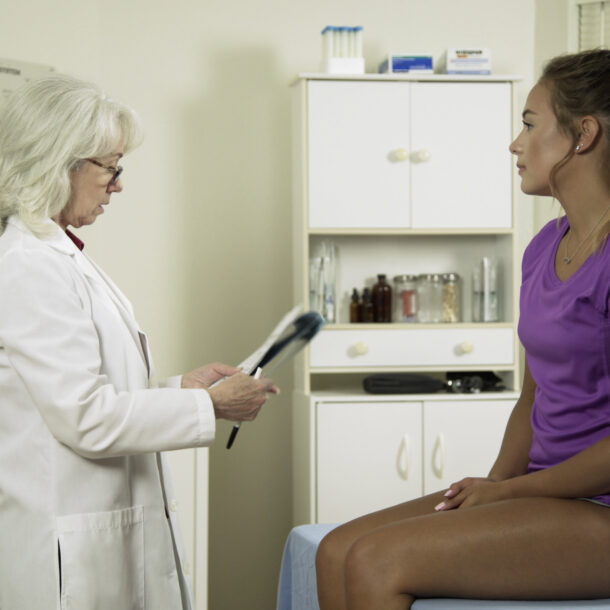
Categories
- Alcohol (9)
- Detox (9)
- Drugs (31)
- Life After Rehab (24)
- Media Coverage (1)
- Mental Health (67)
- Miscellaneous (13)
- News (2)
- Sobriety (34)
- Treatment (68)
Recent Posts
-

LGBTQ patients are at much higher risk for addiction, and few programs exist to meet their unique needs. Members of this vulnerable group are more likely to experience typical risk factors like trauma and mental illness, and face additional identity-based challenges. Stigma, targeted violence, discrimination, and family issues are just a few of the unique struggles LGBTQ people face. All of them drive drug and alchol use as a coping mechanism. More stressors lead to higher addiction rates…and, unfortunately, mainstream treatment facilities don’t have the resources or training to create a truly LGBT-friendly drug rehab.
California programs like the Alliance Health Project give specialized support for substance use disorder and mental health…but despite their efforts in dual-diagnosis LGBTQ rehab, Californians—and queer people with addictions across the world—do not receive the necessary support.
Most rehabs that accommodate LGBTQ people advertise themselves as such. But labels and good intentions aren’t enough. The program must surround queer people with equally queer peers to create a space free of judgement or stigma. Even in an accepting straight-dominated environment, accidental discrimination or inability to relate hamper the healing process. Their processes should avoid or carefully overcome religious, family, and discriminatory trauma,all of which inhibit treatment efficacy.
Everyone in rehab is working to become the best version of themselves. To do that, they need an opportunity to BE themselves. An LGBTQ-friendly facility should give all patients a space to get in touch with their identity, especially in a transgender-friendly rehab. California rehabs, like SoberMind, provide that opportunity to out-of-state individuals who have yet to come out at home. Freeing them from the stress of hiding who they really are gives them the freedom to focus on their treatment.
Group therapy is effective, but members need to have something in common if they’re to form lasting connections. Unfortunately, LGBTQ people are less likely to find that common ground in support groups representative of the general population. Even if other members are sympathetic and accommodating, few have the same painful lived experiences, like coming out and discrimination.
Queer- and transgender-friendly drug rehab, Californian or otherwise, assembles struggling LGBTQ people into groups who know how those experiences feel. Surrounded by peers who experienced the same bullying and ostracization they have, patients see firsthand that they aren’t alone and can heal…whether or not they have family and friends who support them.
Mainstream rehab often assumes its patients come from a “traditional” family structure founded by loving, supportive, and present relatives. Many LGBTQ people instead live nontraditional lifestyles and may be estranged from or even disowned by their birth family. The parents, siblings, and other family members who would form the core of their emotional support system are unavailable. Effective counseling either acknowledges or works through this painful alienation…or, if both the patient and their family are willing, mends bridges and helps rebuild reliable, healthy relationships.
While 12-step programs like Alcoholics Anonymous continue to help millions of people, they aren’t always suitable for LGBTQ participants. AA, the most famous example that many other programs emulate, makes religion an essential component of recovery. Eight of its twelve steps require a relationship with God, and the final step requires a spiritual awakening. Program participants live a passionate, sober, faith-based life, and encourage others to do the same.
Many queer people’s history of religious trauma makes this framework actively detrimental to their recovery. A God-central recovery plan pulls repressed feelings of guilt, shame, and rejection to the forefront during the delicate recovery process.
It is possible to benefit from AA without religious affiliation, and the modern organization welcomes and encourages non-religious participation. Regardless, consider alternative. LGBTQ-focused drug recovery programs will focus on personal empowerment and identity acceptance instead—and have the staff and facilities to facilitate it.
Does LGBTQ-friendly rehab, with its specialized training and extra expertise, cost more? Usually not. Most major insurance providers cover LGBTQ-specialized rehab as they would any other addiction treatment program. Though navigating the insurance landscape is always difficult, the process, fortunately, is not more difficult for LGBTQ patients. The core services:
are essentially the same in queer and non-queer contexts. LGBTQ rehab has all the same clinical competencies as a regular program, and therefore the same expenses. The difference lies in the culture it fosters and the people it chooses to care for.
Addiction often leads to financial ruin and job loss. Rehab can be expensive. Fortunately, patients without coverage or who can’t afford the copays and deductibles still have options for insurance-free rehab. Many providers offer options such as payment plans and sliding-scale fees for low-income families. Private loans from banks for patients with intact credit. If considering a loan, look for rehab facilities that offer job-training programs. Finding work after rehab helps keep patients fiscally stable and avoids financial stress that may cause relapse.
California patients are welcome to call SoberMind’s toll-free number to learn about opportunities to participate in holistic drug rehab. Los Angeles and the surrounding areas have large queer populations that may need help, and SoberMind is happy to provide it. This San Fernando Valley drug rehab center offers dual-diagnosis treatment and a variety of therapies, along with emergency withdrawal management.
For more information about programs, treatment opportunities, and insurance, please call 213-486-0526, or email info@sobermind.org.

